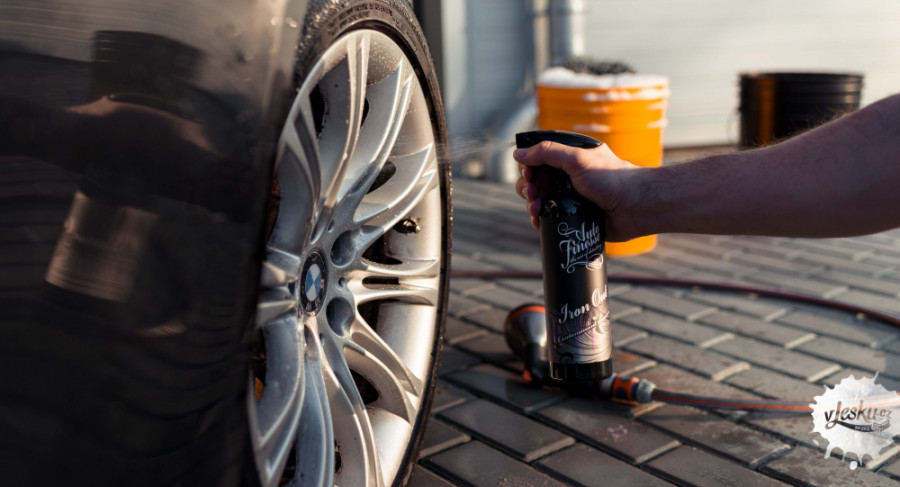Accidents, Injuries, and the Law: A Guide to Your Rights in Australia
Přidal alighouri, dne 6. 06. 2025, 0x
There's nothing quite like that sinking feeling when you're involved in a car accident. One moment you're driving along, and the next—bam!—your world gets turned upside down. Whether it's a minor scrape or something more serious, knowing your rights can make all the difference in how things play out afterwards.
If you've ever found yourself in a not at fault car accident, you'll know how confusing the whole process can be. Who pays for the damage? What if you're injured? And how do you deal with insurance companies without getting the runaround? That's exactly what we're going to cover today—your rights, the legal stuff (without the jargon), and how to make sure you're treated fairly.
What Happens Right After the Accident?
First things first—safety. If anyone's hurt, call 000 immediately. Even if everyone seems okay, shock can mask injuries, so it's always better to get checked out. Once you know everyone's safe, here's what you need to do:
- Exchange details with the other driver—name, phone number, license number, and insurance info.
- Take photos of the damage, the accident scene, and anything else that might be relevant (like road conditions or traffic signs).
- Get witness details if anyone saw what happened. Their account could be crucial later.
- Report it to the police if there's significant damage or injuries—some states require this by law.
This might feel like overkill at the time, but trust me, it'll save you a mountain of stress later.
Understanding Fault—Who's Responsible for What?
Australia's insurance system works on a "fault-based" model, meaning whoever caused the accident (or their insurer) is on the hook for the costs. But what if the other driver insists it wasn't their fault? Or worse—what if they don't have insurance at all?
This is where things can get messy. If you're clearly not at fault, you'd think the other driver's insurance would cover everything, right? In an ideal world, yes. But in reality, insurers don't always make it that simple. They might drag their feet, question your claim, or even try to shift some blame onto you. That's why having solid evidence—like those photos and witness statements—is so important.
If the other driver refuses to admit fault or doesn't have insurance, you might need to claim through your own insurer (if you have comprehensive cover). The downside? You might have to pay an excess, and it could affect your no-claim bonus. The upside? Your insurer will handle the headache of chasing the other party for the money.
Injuries and Compensation—What You Need to Know
Car accidents aren't just about bent metal—they can leave you with injuries that take months (or even years) to heal. If you're hurt, you might be entitled to compensation for:
- Medical bills (including future treatments)
- Lost wages if you can't work
- Pain and suffering (depending on the severity)
Each state has its own rules about injury claims, but one thing's universal: don't wait too long to act. Some states give you three years to make a claim, while others have much shorter deadlines. And remember, some injuries (like whiplash or soft tissue damage) might not show up right away. If you wake up the next day feeling like you've been hit by a truck, don't just brush it off—see a doctor and document everything.
When to Get Help—The Role of Accident Claims Management
Let's be honest—dealing with insurance companies can feel like talking to a brick wall. They've got teams of adjusters and lawyers working to minimize payouts, while you're just trying to get your life back on track. That's where Accident Claims Management comes in.
- These professionals know the system inside out. They can:
- Handle the paperwork and negotiations for you
- Make sure you're claiming for everything you're entitled to
- Push back if the insurer tries to lowball you
Think of them as your personal advocate, fighting to get you the best possible outcome. And the best part? Many work on a "no win, no fee" basis, so you don't pay unless they succeed.
Common Pitfalls (And How to Avoid Them)
Even when you're not at fault, there are a few traps that can trip you up:
- Saying too much at the scene – Stick to the facts when talking to the other driver or the police. Avoid apologizing or admitting fault, even if you think it was your mistake.
- Accepting the first offer – Insurers love to settle claims quickly and cheaply. Don't sign anything until you're sure it covers all your costs.
- Not keeping records – Save every receipt, medical report, and email related to the accident. You'll need them if things get contentious later.
Final Thoughts—Knowledge Is Power
Nobody plans to have an accident, but knowing your rights puts you in control when it happens. If you're ever in a not at fault car accident, remember:
- Stay calm and gather evidence (photos, witnesses, police reports).
- Know your options—whether it's claiming through the other insurer, yours, or getting professional help.
- Don't let insurers push you around—you have rights, and you deserve fair treatment.
And if it all feels overwhelming? That's okay. Even the most level-headed people find this stuff stressful. The important thing is to take it one step at a time—and don't be afraid to ask for help when you need it.
Got questions about your own situation? Drop them in the comments—I'll do my best to point you in the right direction. Stay safe out there!










Komentáře:
Nenacházejí se zatím žádné relace v databázi.